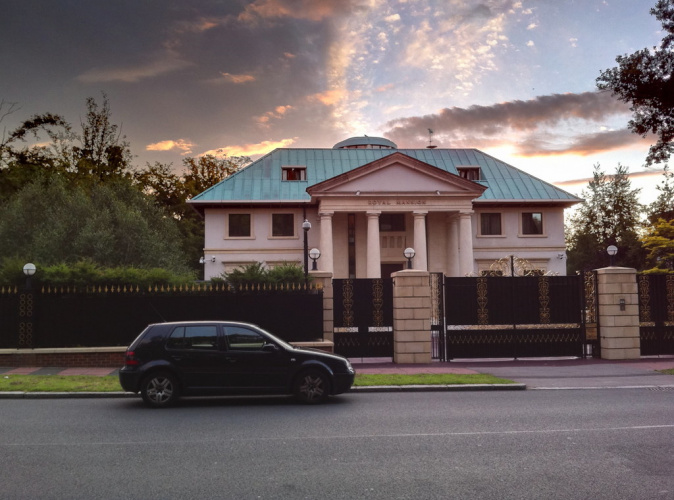
Fears that wealthy non-doms would exit the UK after their status was tightened appear to have been overblown, according to early tax data.
Chancellor Rachel Reeves scrapped the non-domiciled tax status of these heavy buyers of prime homes in London and across the UK in April.
This status had shielded these wealthy individuals with connections abroad from paying full UK tax on their overseas earnings.
The spring move prompted a wave of reports saying that non-doms were leaving the UK in droves to countries as far afield as Canada and France. Prime London property market sales and rentals also started the year quietly.
This contradicted an Office for Budget Responsibility forecast in January, which said that 25% of non-doms with trusts would leave the UK in response to the abolition of their tax status, while 10% of those without trusts would leave.
However, official data suggests this prediction is broadly correct, according to a Financial Times report, citing people briefed on the survey.
Early HMRC payroll figures suggest that fewer people were leaving than projected by the OBR, according to some sources the newspaper talked to, while others said the departures were in line with forecasts.
Payroll data is a useful indicator of non-dom movement as more than 120 days have passed since the start of the tax year, which started on 6 April.
Data collectors are working on the assumption that nom-doms who do not want to be considered as a UK tax resident for the coming tax year would have left the country during this time.
However, this data does not capture the movements of those non-doms who do not work in the UK, which could include some of the richest of this select group.
HMRC has said previously that it will not have official data on how many non-doms who earn UK income have left until January 2027, when people submit self-assessment tax returns for the year 2025-26.
Conservative chancellor Jeremy Hunt first announced cuts to the non-dom tax regime last March, before Reeves went further in the spring.
A government official told the FT: “With all the things going on in the world, Britain looks like a pretty safe and stable place.
“We’ve got a lot to market ourselves on.”
While the Treasury adds that the UK’s main capital gains tax rate is lower than any other G7 European country.
Earlier this week, Knight Frank pointed out that the UK remains an “attractive destination” for affluent overseas workers, with prime London rents putting in their strongest rise in a year.
Enquiries in the first seven months of the year from companies looking to send staff to the UK were 8.5% higher than 12 months ago, according to the property agent.
This resulted in average prime central London rents rising 1.7% in the year to July, which was the strongest increase in a year. While prime outer London lettings rose 1.8%, the strongest since last October.



